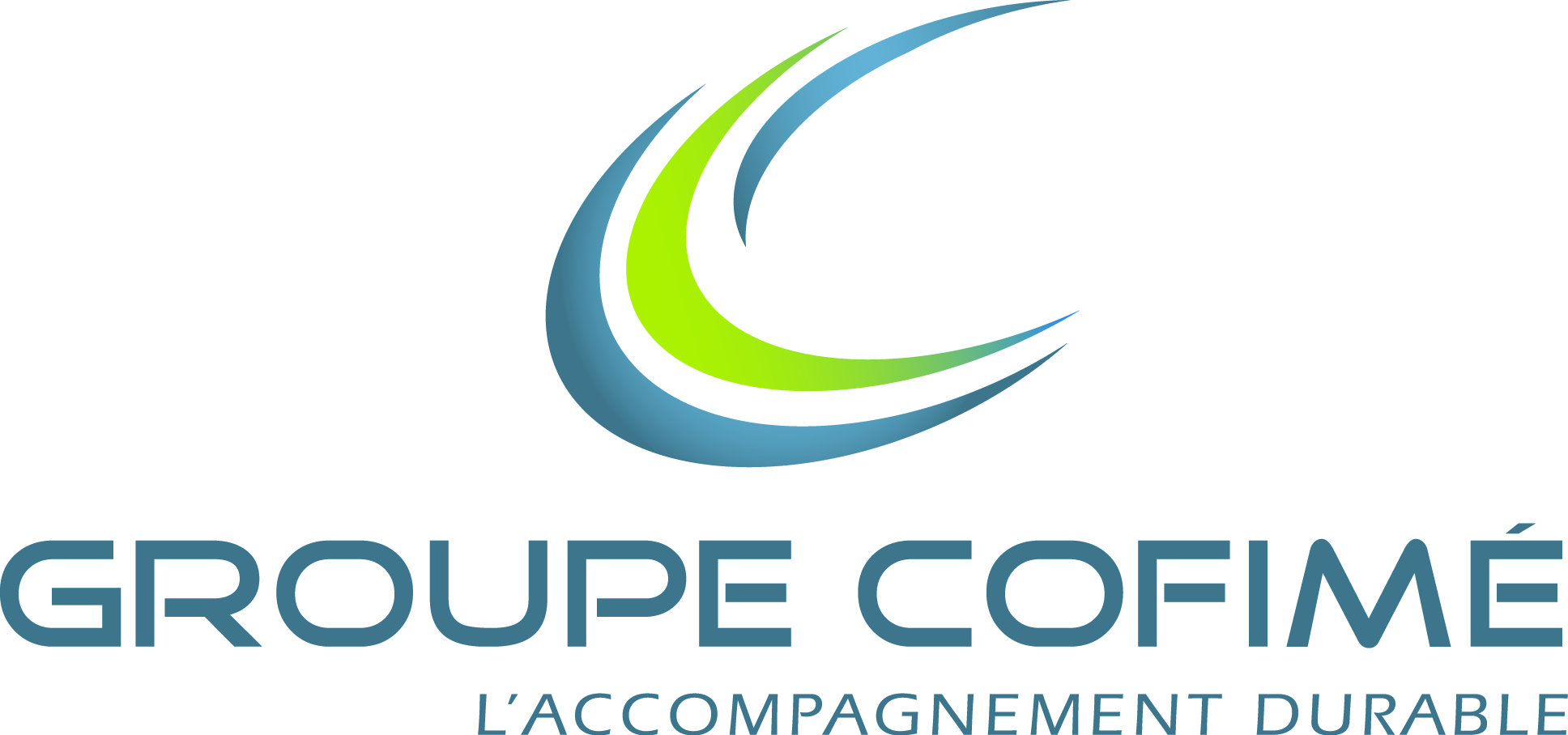
A look back at the 3% property tax
The annual 3% tax is payable by companies and other legal entities holding property in France.
It is a little-known tax that is attracting increasing attention from the French tax authorities, with potentially serious financial consequences, even though it is usually possible to benefit from exemptions when acquisitions are structured correctly, and reporting obligations are met.
The main aim of this tax is to deter taxpayers who were liable for the former Impôt de Solidarité sur la Fortune (converted in 2018 into Impôt sur la Fortune Immobilière – IFI) from fraudulently evading this tax by setting up shell companies in countries with no tax agreement with France, and then acquiring properties in France, by requiring these companies to declare the final owners of the properties.
The aim of the tax is therefore twofold:
1. to introduce a tax high enough to deter opaque schemes; and
2. to offer full exemptions to entities that demonstrate transparency.
Who is liable for the 3 % tax?
The scope of the 3% tax is very broad, but there are numerous exemptions.
In principle, the 3% tax applies to all French or foreign legal entities, whether legal persons, bodies, trusts or comparable institutions (trusts, investment funds), which, directly or through an intermediary, own one or more properties located in France.
However, the following are exempt from this tax:
a. International organisations, States and their subdivisions;
b. Legal entities that do not have a majority of real estate assets ;
c. Legal entities listed on a stock exchange or owned by companies listed on a stock exchange;
d. Provided that they have their registered office in France, in a State of the European Union or in a country or territory that has concluded an administrative assistance agreement with France to fight tax evasion and avoidance, or in a State that has concluded a treaty with France containing an equal treatment clause:
- legal entities whose share of the real estate located in France or of the real rights held directly or indirectly relating to this real estate is less than €100,000 or 5% of the market value of the said real estate or rights;
- entities managing pension schemes and groups recognised as being of public interest or non-profit-making, whose activity or financing justifies ownership of property or property rights;
- open-ended property investment companies (Sppicav) and property investment funds (FPI) not constituted in the form of professional property collective investment undertakings and equivalent foreign undertakings.
- legal entities that undertake, within two months of the date of acquisition of the property or holding, to provide the administration, at its request, with certain information concerning the properties and the shareholders holding more than 1% of the shares.
- Companies that file a 2072-SD return (rental property companies) or a 2038-SD return (timeshare companies) each year are not required to provide this undertaking. The same applies to non-trading property companies (sociétés civiles immobilières), which are exempt from filing return no. 2072-SD if they have filed this return at least once;
- legal entities that file an annual declaration no. 2746-SD containing the following information: the location of the properties, their composition and market value at 1 January, as well as the identity of shareholders holding more than 1% of the shares and the number of shares held by each. In this case, the exemption is proportional to the number of shares for which the identity and address of the holder have been disclosed.
Basic and rate of tax:
The 3% tax is levied annually on the market value (estimated market value) of property located in France, whether held directly or via other structures.
Each year, by 15 May at the latest, taxpayers are required to file an electronic declaration no. 2746-SD and pay the tax electronically at the same time.
Recommendations:
Foreign companies wishing to acquire a property in France are advised to file an undertaking to provide the administration, at its request, with certain information concerning the property and the shareholders within 2 months of acquiring the property, or to file a 2072 declaration in order to avoid the 3% tax.


